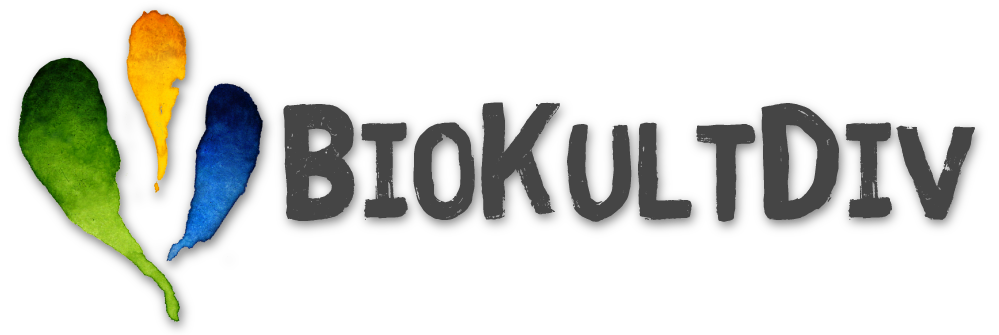BioKultDiv
Bolivia case study
Why Bolivia?
Bolivia is home to a rich cultural, biological diversity as well as a long recorded history of pre-colonial agriculture. These characteristics make it an interesting country to explore empirically the concept of Biocultural Diversity (BCD). The current Political Constitution of the Plurinational State of Bolivia (2009) explicitly addressed the importance of Pacha mama (only poorly translated as “Mother Earth”), ancestral cultures, a decolonizing development, food sovereignty and the resistance to food globalization. Despite this interesting cultural and political context, peasant and indigenous agriculture in Bolivia is becoming increasingly marginal, devaluated and unsupported by governmental strategies. At the same time, albeit the political focus on Mother Earths’ rights, Bolivia is among the four most deforested countries in South America, jeopardizing its biological diversity.
Bolivian agricultural practices have evolved over time and has incorporated contemporary agriculture techniques tending to intensification. The resulting hybridity involves several worldviews, cultural practices and values linked to earths’ food production and equilibrium. This varied contexts, and the still existing link of peasants to their traditional cultures, raise questions about the models of agriculture and the social-ecological trade-offs that co-exist in these systems, as well as their contribution to social and ecological sustainability.
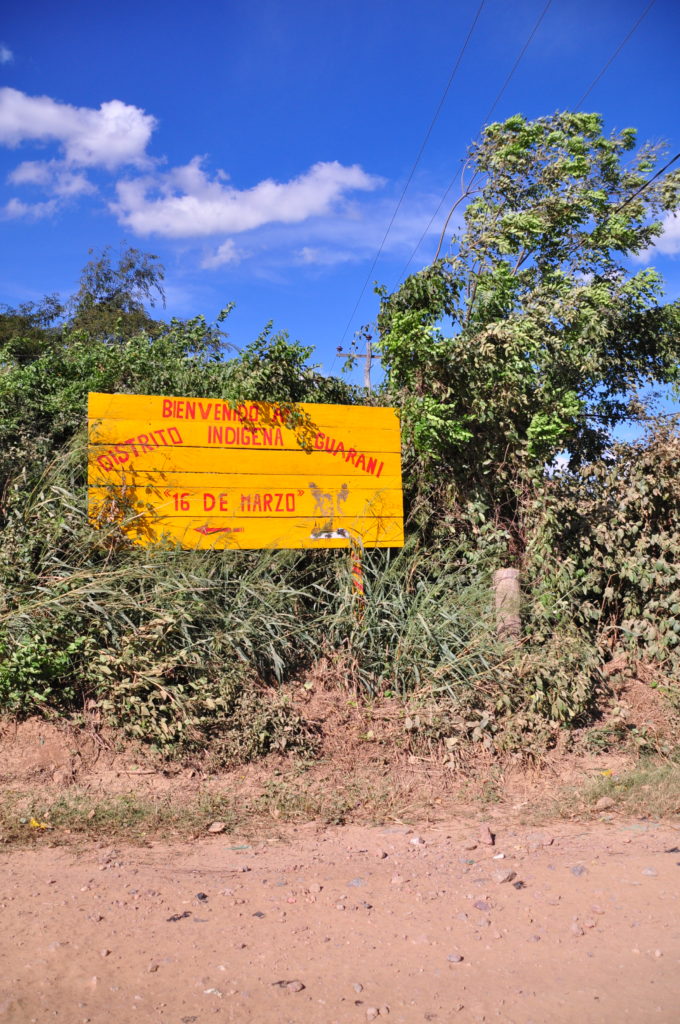
Topics and Methods
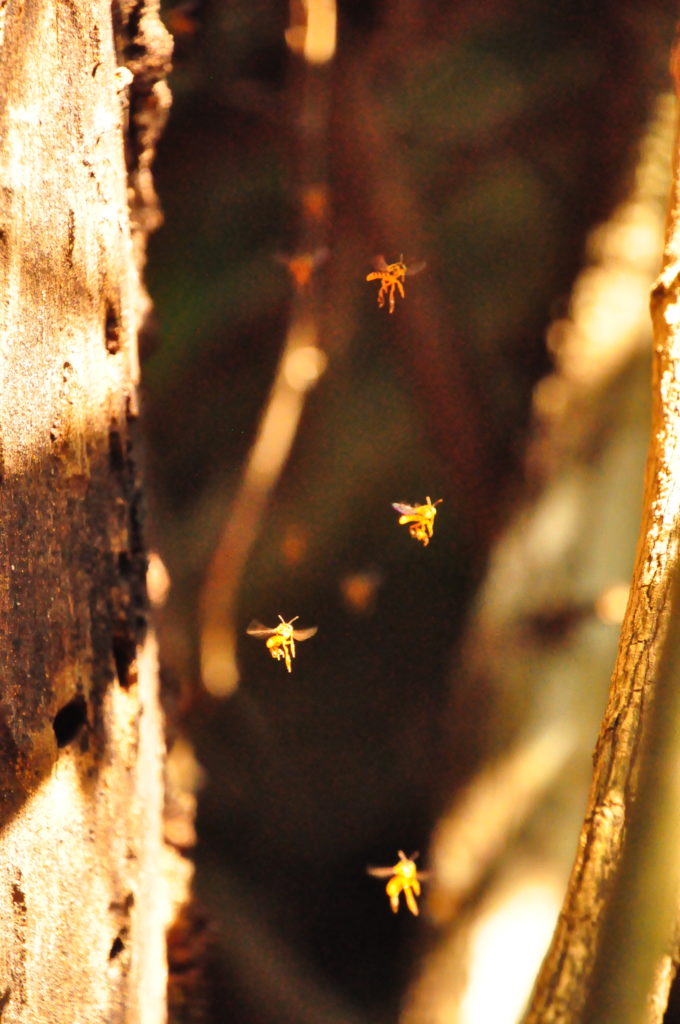
Agroecological perspective
The project will explore how different socio-cultural and ecological components of agroecosystems are interlinked and how they contribute to the food sovereignty of farmers. Guided by the theoretical frameworks of agroecology, biocultural diversity and food sovereignty, it will emphasize how agricultural practices and uses of biodiversity can shape landscapes, affect biodiversity conservation, and as a result influence the farmers’ right to food.
Methods
mixed social and ecological methods:
- seasonal calendars
- semi-structured interviews
- questionnaires
- participatory mapping
- GIS tools
- biodiversity surveys
- The data will be analyzed using quantitative and qualitative methods
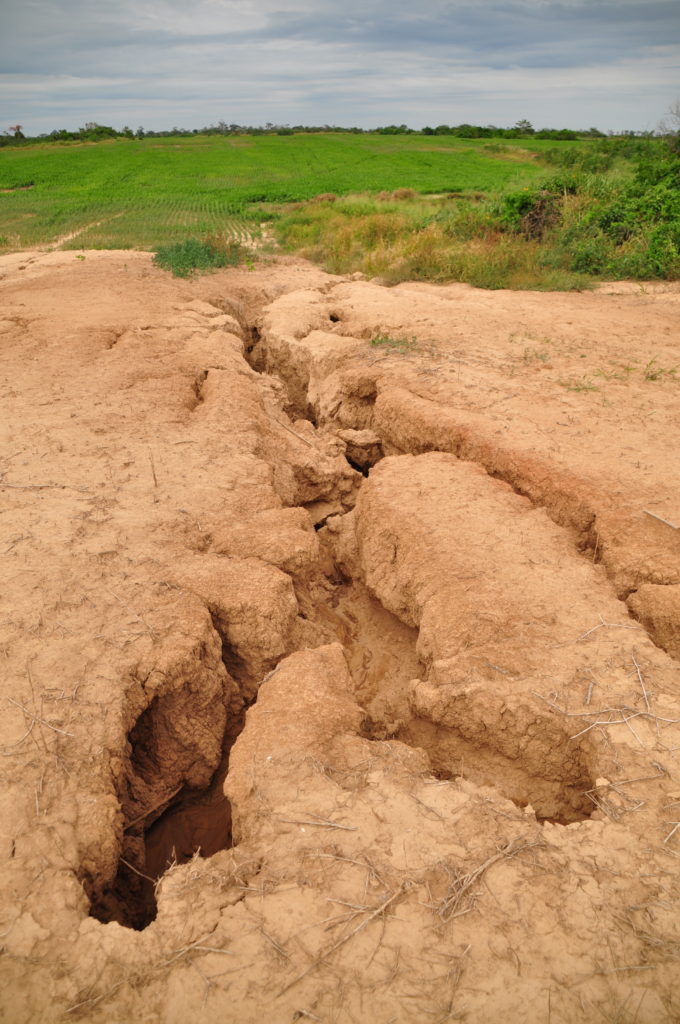
Political-ecological perspective
Farmers’ economic practices give form to farming landscapes guided by how their worldviews on agrobiodiversity and wellbeing. From a political-ecological perspective, the project will analyze the values and relationships involved in economic practices related to the use and management of agrobiodiversity, and the way they shape landscapes. It will also assess the conflicts and negotiations between different economic practices and their consequences for BCD.
Methods
- ethnographic and cartographic methods
- semi-structured dialogues
- walking interviews
- audiovisual tools
- participatory mapping
- The data will be analyzed through a combination of participatory GIS and content analysis
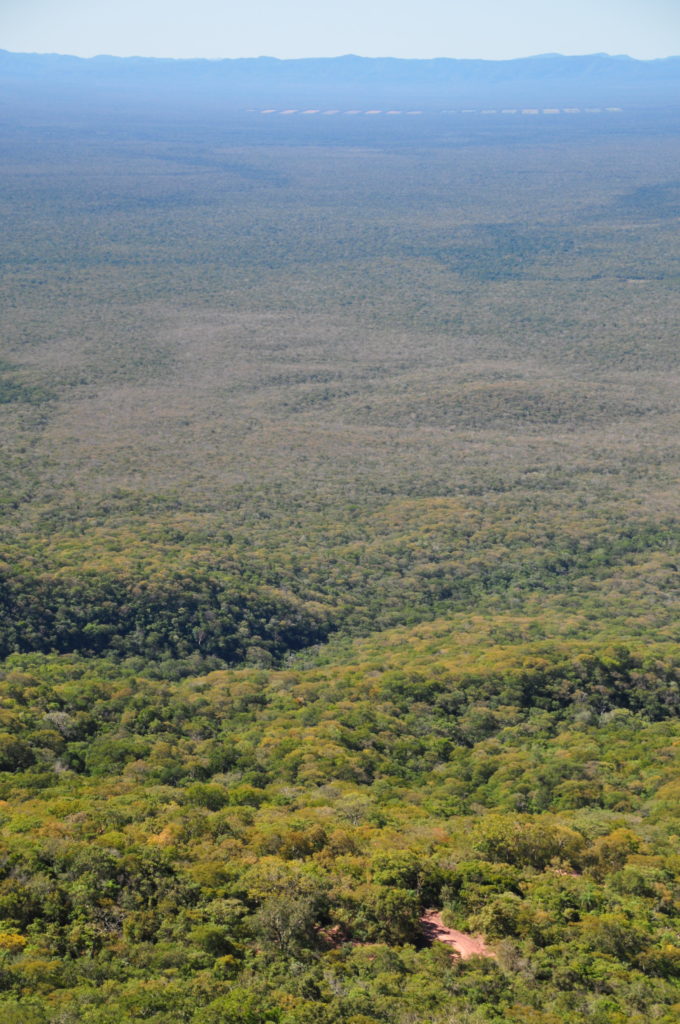
Governance perspective
Considering that different stakeholders have multiple values and ways of knowing and governing biodiversity, this research will provide insights on governance of BCD and its links to sustainability. For this, it will explore how gender, social differences and power relationships influence governance through formal and informal institutions and how they affect BCD, sustainability and social justice in farming landscapes.
Methods
inter- and transdisciplinary methods:
- stakeholder and network analysis
- focus groups
- inter-scientific dialogues for knowledge co-production
- The outcomes of the data analysis will potentially support decision-making on BCD governance in Bolivia in the context of sustainability and social justice
